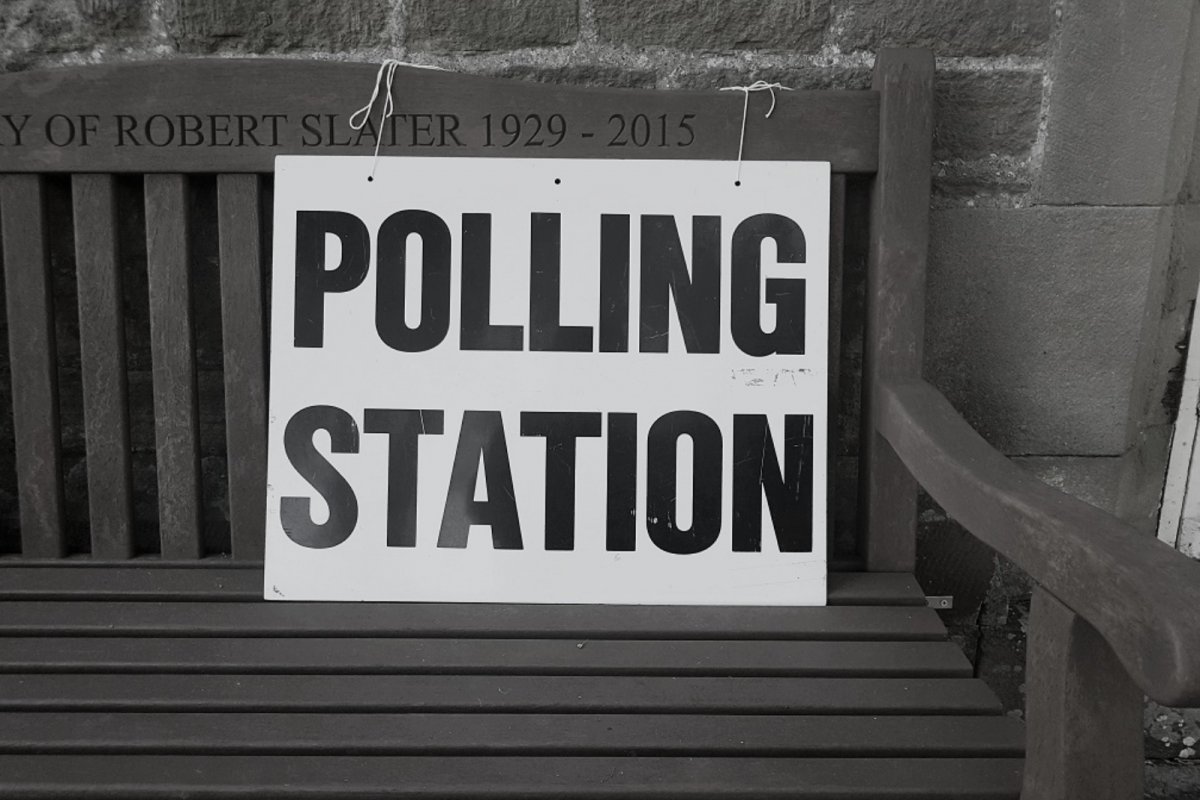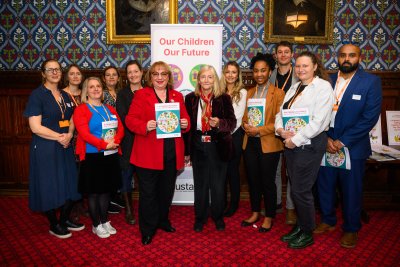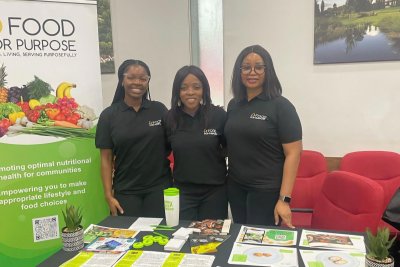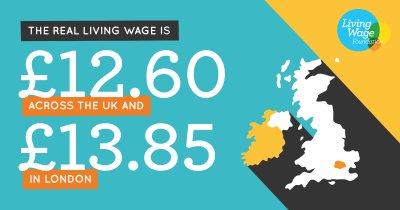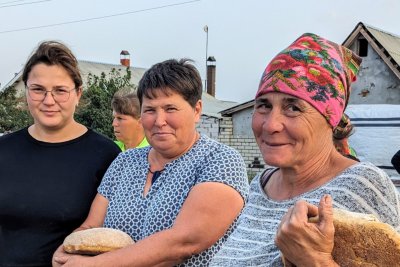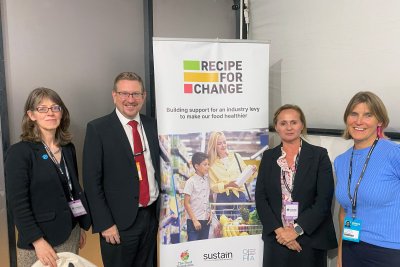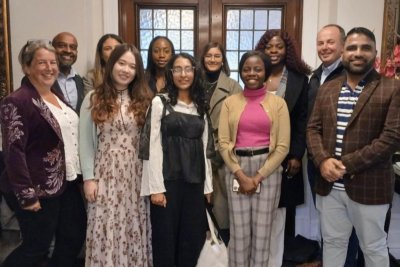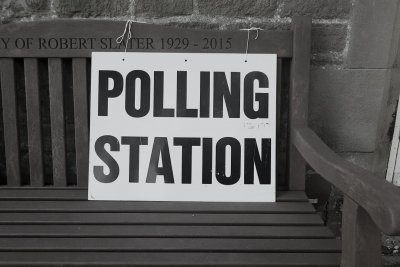 Polling station. Credit: Steve Houghton Burnett unsplash
Polling station. Credit: Steve Houghton Burnett unsplash
Local elections 5 of May: putting good food at the heart of the agenda
With families struggling to cope with the increasing cost of living, rising fuel and food costs, and inflation predicted to reach 8 per cent in April, local election candidates should be quizzed on how they will ensure everyone has access to healthy and sustainable food.
Council elections will be big again this May, with the election of thousands of local councillors in all local authorities in Wales, Scotland, all London boroughs, and several other local authorities in England including metropolitan boroughs, district councils and unitary authorities.
Coming out of the COVID19 pandemic, we’ve seen a renewed interest in healthy food, community building and a growing recognition of the impact of food on our planet. At the same time, households will experience unprecedented squeezes in their finances, with energy and food prices predicted to soar. This is also a pivotal year for the Government’s Levelling Up Agenda, which the Government hopes will restore pride and prosperity to communities across the UK, by giving more autonomy to local authorities.
Local government can have an important role in ensuring no one is left behind, while addressing the huge impact of food and land management on our planet and nature. From action on food poverty or improving school meal provision, to reducing carbon emissions from food and land under Council control, to investing in local food infrastructure such as markets, or to make more areas available for community food growing, your councillors and elected mayor have the power to deliver initiatives that will shape your area, not to mention your food partnership or project work, and contribute to solve the challenges of our food system.
It's a great opportunity for the Sustainable Food Places network and local groups to ensure our future local elected leaders, no matter their political party, take good food seriously. Our objective is not to influence the result of elections or favour one candidate over another. Party political impartiality is vital for effective campaigning and the credibility and success of food partnerships. For towns and cities not yet members of Sustainable Food Places, the local elections offer a unique opportunity to call for a food partnership in your local area.
Identify your calls to action
The first step is to identify your calls to action. Is it to establish a food partnership in your area? Do you want your council to declare a right to food and tackle the cost-of-living crisis? Or do you want your council to develop a community food strategy to champion local food producers? You may want to draft a ‘manifesto’ outlining your priorities. You can do this on your own but your campaign will be stronger and more impactful when you collaborate and build alliances.
You can use the local elections as an opportunity to galvanize your steering group and wider network of supporters around the issues that are important to your food partnership or organisation. Involve your supporters in setting up key questions for candidates, define the top five or ten priorities for candidates or invite your supporters to go to hustings armed with key questions for candidates.
Check out the candidates standing for election in your local area
The next step is to research who are the candidates standing for local elections in your ward and local area. Mayor candidates are usually announced well in advance but councillor candidates for different wards may not be announced until the end of March or beginning of April deadline depending on w where you are. Good sources of information are the webpages of your local political parties, local media or websites such as https://whocanivotefor.co.uk/ or https://candidates.democracyclub.org.uk/elections/, or watch out for twitter hashtags for your local election.
Write to the local political parties and candidates
As the candidates may not be announced until the end of March or beginning of April, you can write to the local political parties as a first point of call before this. Once candidates have been announced, which may be before April, writing to them directly will be most effective. Prioritize candidates in your ward and check if council leader and relevant cabinet members are up for re-election. Be mindful that incumbents will use different email addresses for their campaigns, not their official council address. If the candidates are still not clearly indicated online, email your local political parties and ask for candidate lists. Ask them to pledge support to the food partnership in your area, ask them questions, send them your calls to action, manifesto or food strategy and invite them for a meeting. Publish and disseminate their answers to your supporters so their commitments are made public.
Organise or participate in hustings or other interactions with candidates
Hustings are panel discussion where candidates' debate policies and answer questions from the audience. They're a great way to push candidates to make commitments on good food or other issues. At the time of writing, most Covid-19 restrictions have been lifted, so we anticipate more face-to-face hustings events to take place this year. Given the success of online hustings last year, we can still expect many to take place online. If you are interested in organising hustings, Climate Action produced a handy guide.
Even if you don’t have capacity to organise hustings, there will be plenty of opportunities for you to participate in hustings organised by other organisations. Many candidates publish hustings they will be participating in their local websites. Check if environmental organisations or the local chamber of commerce are organising hustings. You can also invite members of your steering group and your supporters to go to hustings armed with key questions for candidates.
You may also come in contact with candidates on your doorstep, or they may be leafleting on your street or near a transport hub. These are all great opportunities to ask questions and prod them on the issues you are passionate about.
If you are out of ideas, check our suggested questions to candidates.
Invite candidates to visit your food partnership or a project in your area
Is there a food growing space, community kitchen or food hub that emboldens your vision? Is there a project in their ward? Visiting and experiencing projects first-hand and communicating with beneficiaries is a powerful way for candidates to understand the aims of your food partnership or organisation and get one step closer to make commitments.
Vote!
Don’t forget to exercise your democratic right and vote!
Congratulate the winners and arrange follow up meetings
Regardless of your political preferences, it’s important to congratulate the winners and arrange a follow up meeting. Hopefully by this stage you will have built a relationship with the candidates and they will be aware of the importance of your work. Some councillors may have made commitments relating to food in their campaigns, so build on this and encourage them to deliver on these promises, or explore how you can help them to do so.
Listen back to the campaigns meeting on local elections for handy tips from the network and councillors and get in touch with the Sustainable Food Places team if you would like advise for your local campaign.
Sustainable Food Places: The Sustainable Food Places Network helps people and places share challenges, explore practical solutions and develop best practice on key food issues, so if you are working to drive positive food change or are interested in developing a programme, please do get in touch.
Sustain
The Green House
244-254 Cambridge Heath Road
London E2 9DA
020 3559 6777
sustain@sustainweb.org
Sustain advocates food and agriculture policies and practices that enhance the health and welfare of people and animals, improve the working and living environment, promote equity and enrich society and culture.
© Sustain 2024
Registered charity (no. 1018643)
Data privacy & cookies
Icons by Icons8
